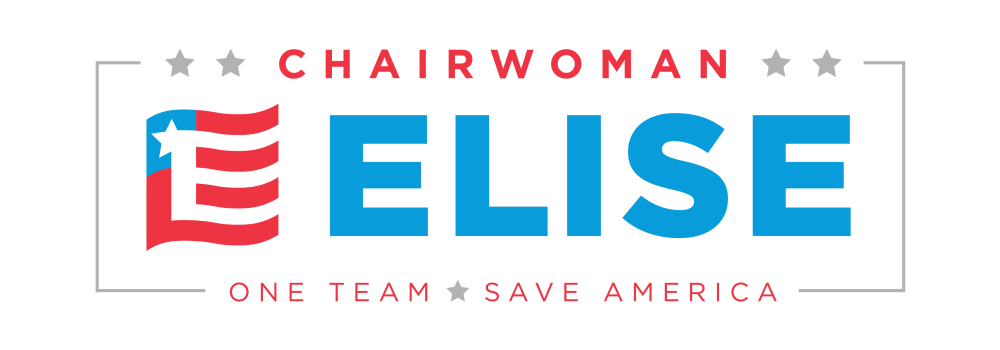The Watertown Daily Times
March 17, 2018
By: BRIAN MOLONGOSKI
CARTHAGE — After years of debate, Carthage Area Hospital has recovered $6.8 million in reimbursement money owed to it by the federal government for the care of Fort Drum soldiers and their families.
The problem began in 2013, when the hospital began receiving reimbursement levels lower than anticipated from the General Temporary Military Contingency Payment Adjustment program. Because Fort Drum does not have its own hospital, Carthage Area Hospital and other area civilian providers care for soldiers and their families.
About a third of the services Carthage Area Hospital provides are to military families, meaning the hospital is eligible for relief through the payment program. The program offsets lower Medicare reimbursement levels to sole community hospitals that provide care to active-duty soldiers and their families.
But when the hospital started being paid at the lower Medicare levels without the adjustment, there were immediate financial concerns.
Hospital Chief Executive Officer Rich Duvall said hospital officials first attempted to resolve the problem themselves but eventually exhausted their options following continued pushback from the Defense Health Agency, which administers medical services for U.S. armed forces. The hospital later enlisted help from U.S. Rep. Elise M. Stefanik, R-Willsboro, who then held a hearing on Feb. 24, 2016, to question DHA leaders about the bureaucratic red tape and lack of transparency hindering the Carthage hospital’s efforts to recover its money.
“Carthage was facing roadblock after roadblock,” Ms. Stefanik said.
Ms. Stefanik, hospital officials and leaders of DHA, TRICARE and Health Net Federal Services held subsequent meetings to try to resolve the issue, resulting in an initial $2.8 million settlement in August 2016. But the money covered only a few years’ worth of the amount owed. Meanwhile, the lack of appropriate reimbursement continued to spur financial worries. While the hospital adjusted operations to accommodate for the money still lacking, Ms. Stefanik said, it could have hindered the hospital’s relationship with Fort Drum.
“It would have affected their ability to partner with Fort Drum,” she said. “It’s not just a one-time infusion of funding they were owed. It protects their model of care.”
As hearings and meetings continued, the hospital hit another challenge last October when its officials were informed the TRICARE Reimbursement Manual had been changed in March. The hospital, however, was not notified of this change, which retroactively adjusted reimbursement levels from 2013 and onward, essentially nullifying the hospital’s claims.
DHA officials said care providers themselves should be watching for such changes, but Ms. Stefanik argued the situation should be just the opposite.
“It’s inexcusable for a federal agency to make these changes when a hospital is planning on a certain level of care,” Ms. Stefanik said.
Following a continued push, which involved sifting through hundreds of pages of claims excluded from reimbursement in the program, federal and hospital officials eventually agreed to a combined $6.8 million settlement last month that covered six years worth of owed money.
Mr. Duvall said Ms. Stefanik’s help was integral to reaching the settlement.
“The level of cooperation and support we received from Congresswoman Stefanik and her staff was incredible,” Mr. Duvall said in an emailed statement. “Without her championing this for us I don’t believe we would have ever received the payment.”
To prevent further transparency issues, Ms. Stefanik has proposed amendments to language in the National Defense Authorization Act that would change the way DHA centralizes control of programs for military hospitals. This does not include other models like the one used by Fort Drum and surrounding hospitals.
While the amendment was not included in the FY 2018 act, Ms. Stefanik plans to develop language for the next one that would require DHA to be more transparent in its reimbursement process.





